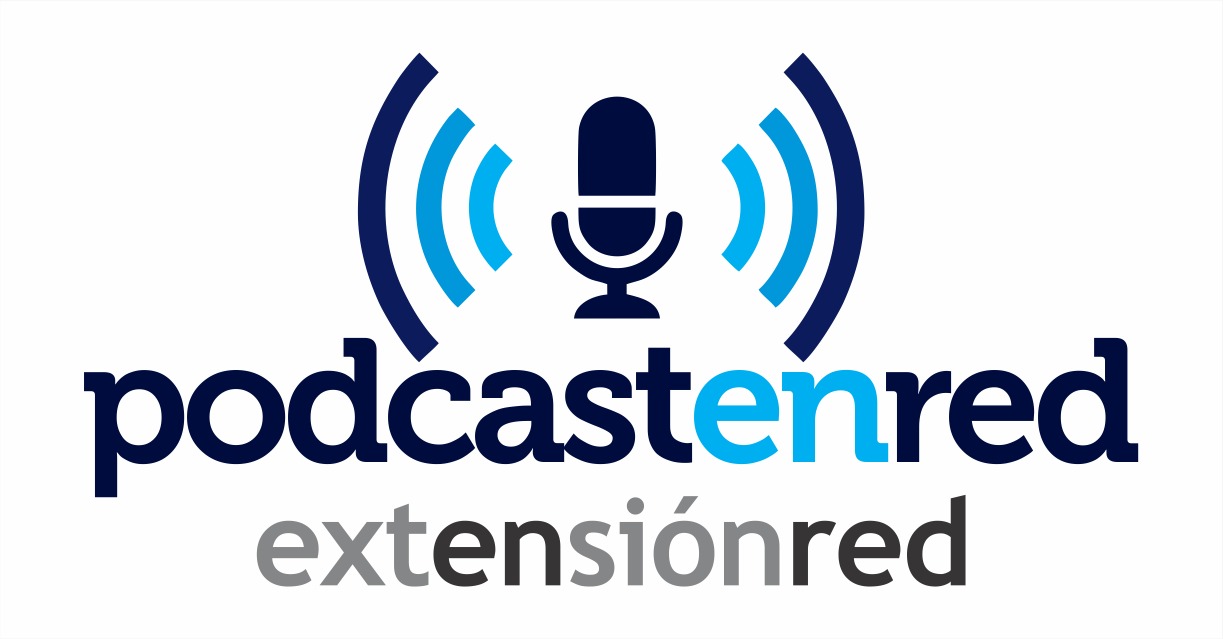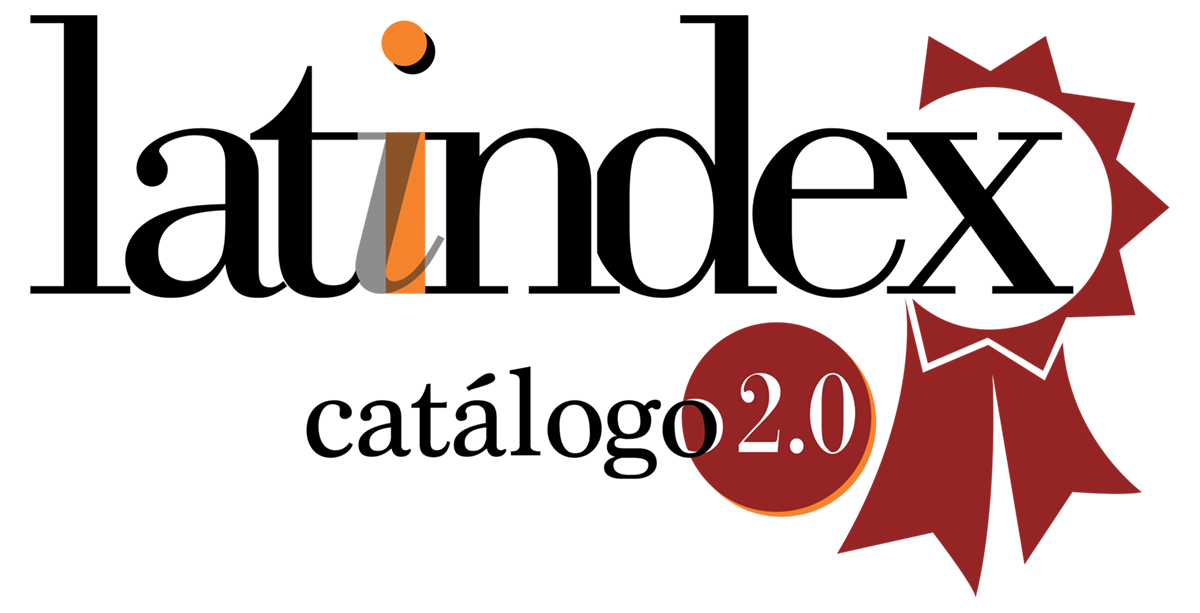Recuperando saberes ambientales y agroecológicos desde la práctica radial
Abstract
El Valle de Traslasierra, al oeste de la provincia de Córdoba, sufre cambios profundos en el uso de la tierra: pérdida de superficie de monte nativo por el avance de la agricultura, la minería y la urbanización inmobiliaria para el turismo. En este contexto, la comunidad de Las Calles se caracteriza por la combinación de lo rural y lo turístico, y una sociedad de grupos culturales diversos y de disímiles identidades. Paralelamente, la escuela rural soporta inadecuada infraestructura, reducido acceso a las tecnologías de la información y las comunicaciones (TIC), y alta incidencia de salas multigrado. El proyecto que aquí se presenta - aprobado y financiado por la Secretaría de Extensión Universitaria de la Universidad Nacional de Córdoba - pretende generar espacios participativos, promover el interés por la temática socio-ambiental, producir aprendizajes, y un sentido de pertenencia social que fortalezca la identidad personal y colectiva. El objetivo es recuperar saberes ambientales y agroecológicos, a partir de la producción de programas radiales con niñas y niños de la escuela primaria; y aportar al ejercicio de una población activa en el cuidado del hábitat de la zona. Desde una metodología de planificación participativa, se promueve el trabajo conjunto entre la escuela, la radio y la familia como una comunidad integrada.
Palabras clave: comunicación – hábitat - diálogo de saberes
Downloads
Downloads
Published
How to Cite
Issue
Section
License
The acceptance of an original by the journal implies the non-exclusive transfer of the patrimonial rights of the authors in favor of the publisher, who allows the reuse, after its edition (postprint), under a Creative Commons License Attribution-NonCommercial-ShareAlike 4.0 International.
According to these terms, the material can be shared (copy and redistribute in any medium or format) and adapted (remix, transform and create another work from the material), provided that a) the authorship and the original source of their publication (magazine and URL of the work) are cited, b) is not used for commercial purposes and c) the same terms of the license are maintained.
The assignment of non-exclusive rights implies that after postprint in Extensión en red authors may publish their work in any language, media and format; in that case, it is requested that they signal that the material was originally published by this journal.
Assignment also entails the authors’ authorization for the work to be collected by SEDICI, the institutional repository of the Universidad Nacional de La Plata, and for it to be indexed in the databases that the publisher thinks appropriate for enhancing the visibility of the published work and its authors.
In addition, the journal encourages authors to submit their works to other institutional and thematic repositories after their publication in Extensión en red, under the assumption that offering society unrestricted access to scientific and academic production contributes to a greater exchange in global knowledge.








.jpg)

.png)


.png)





















